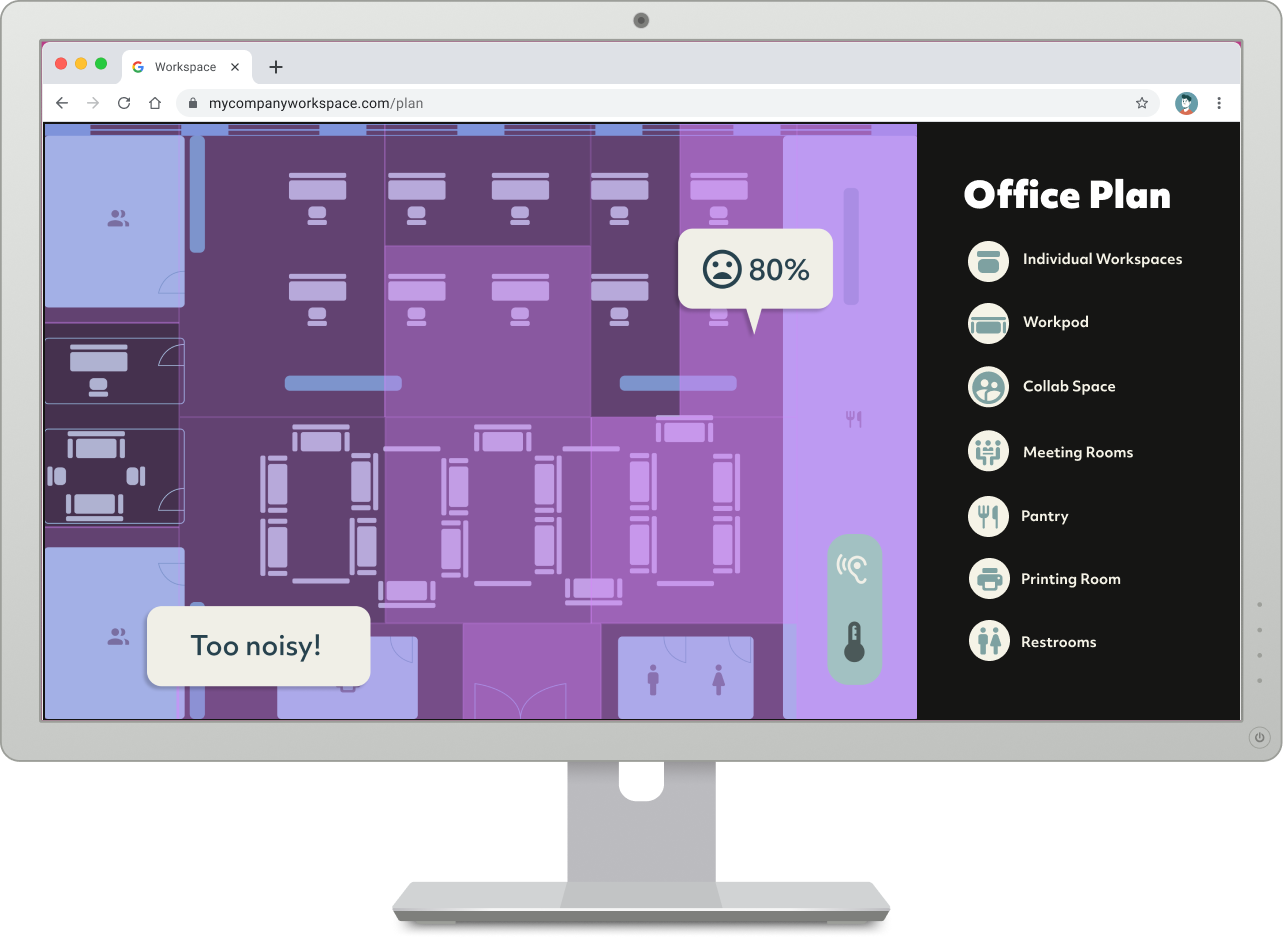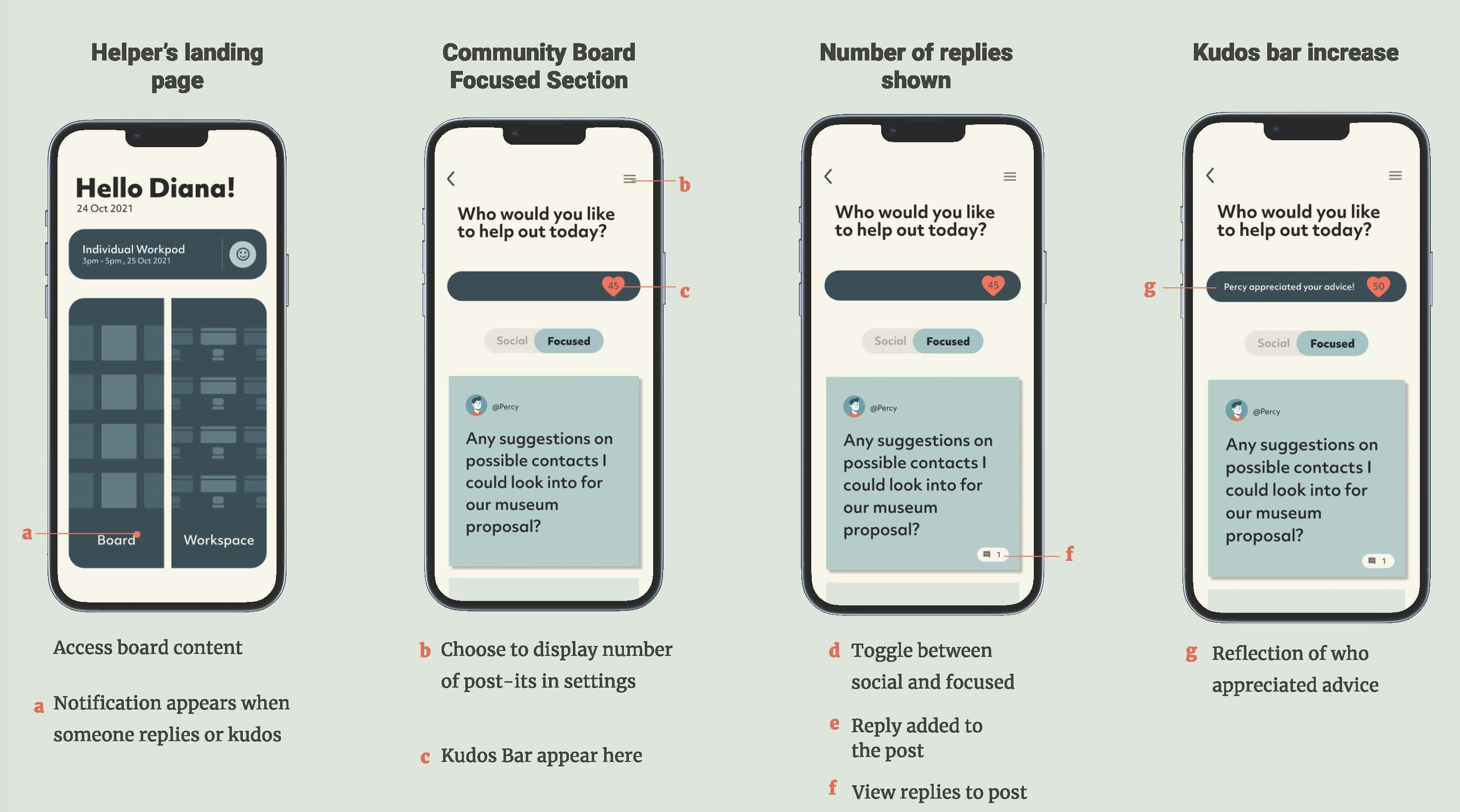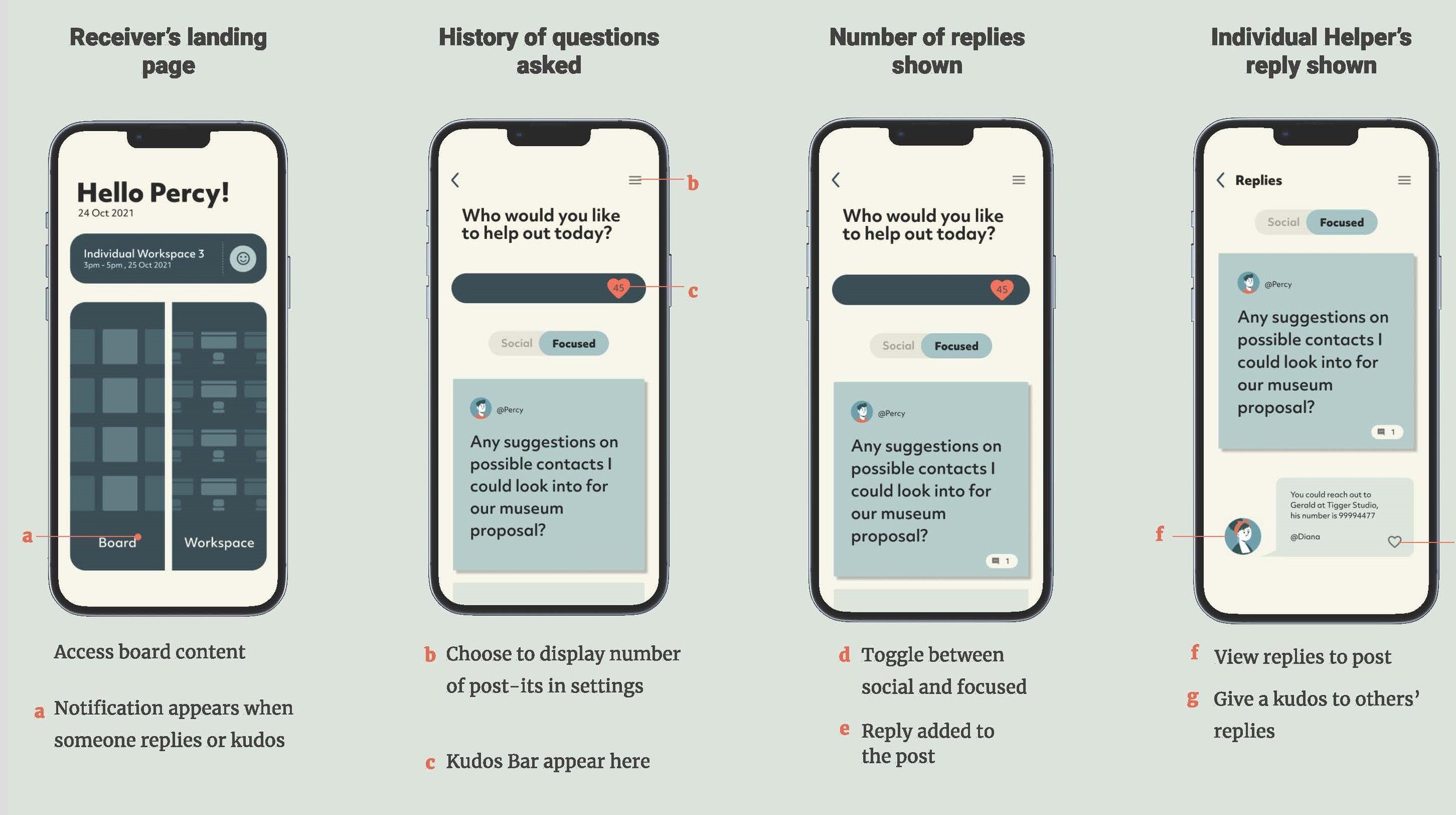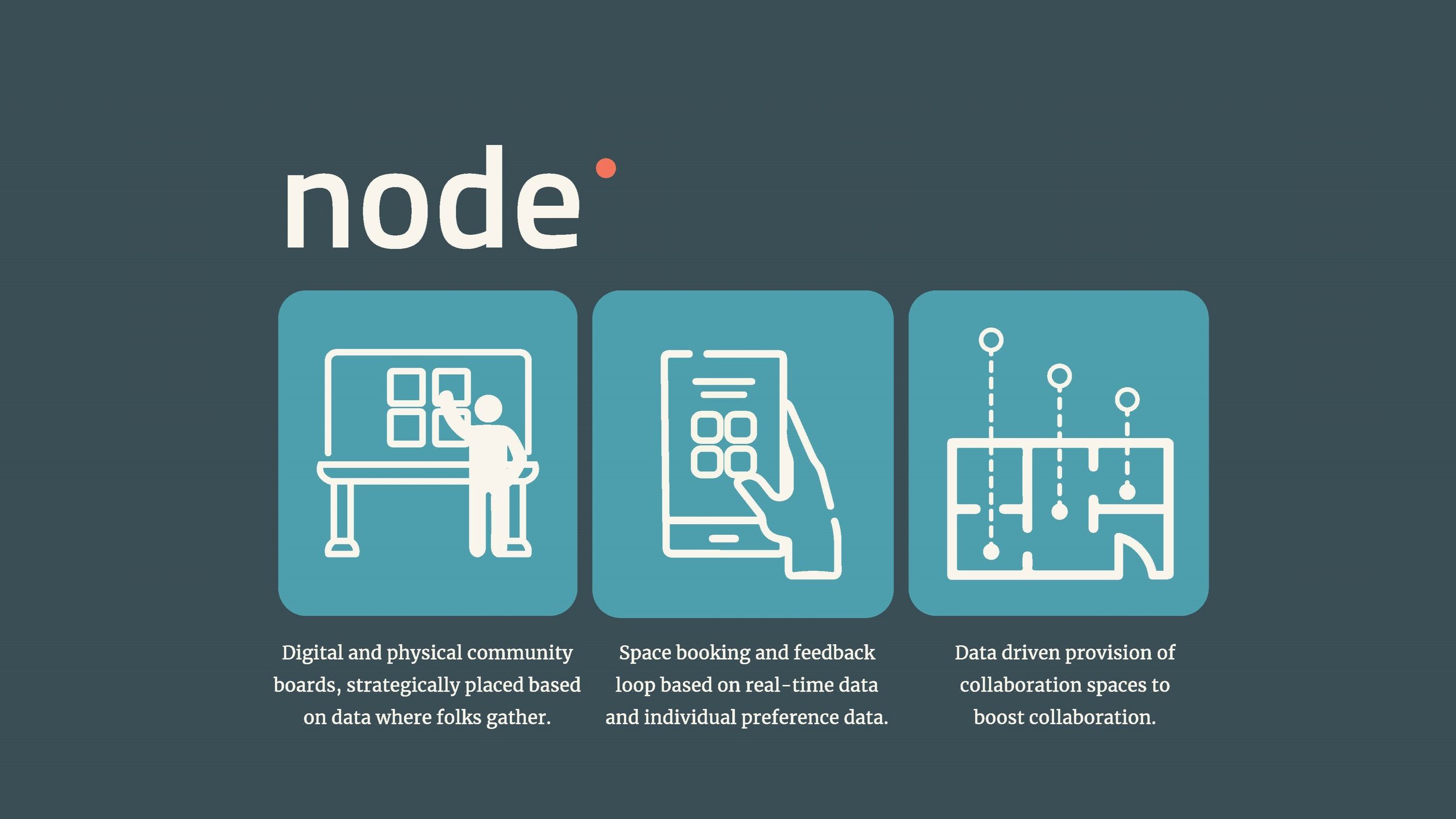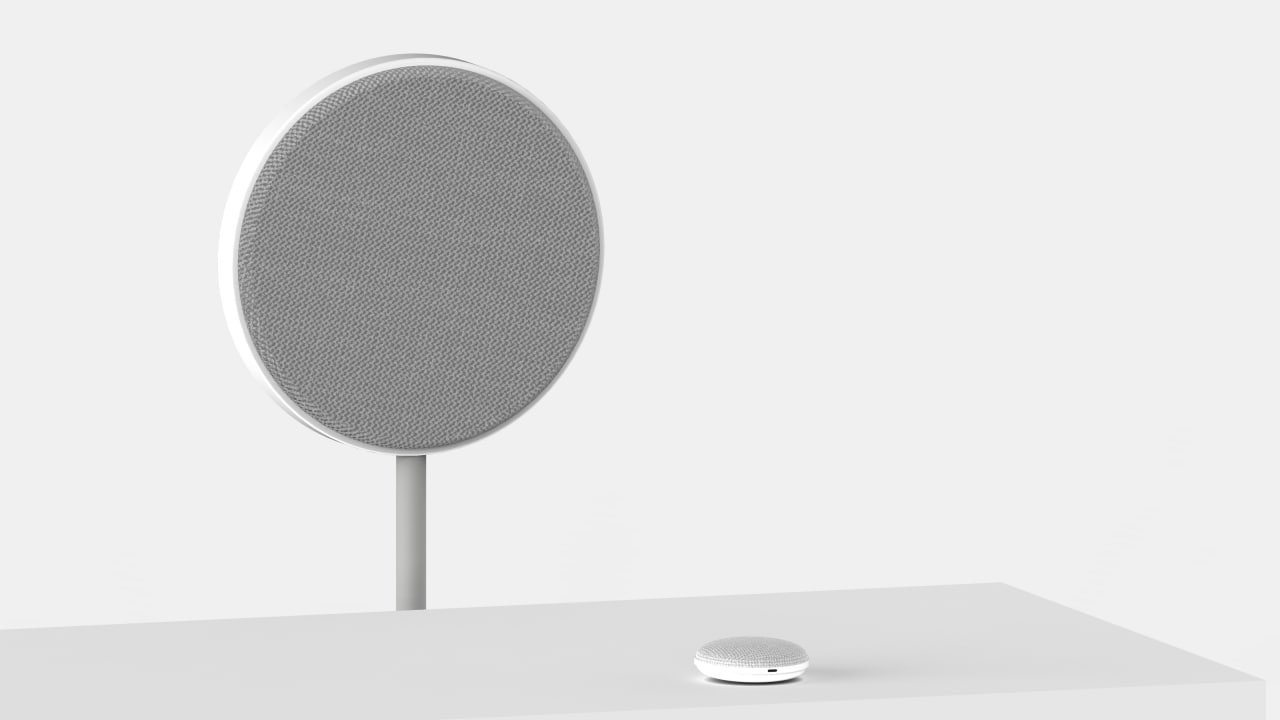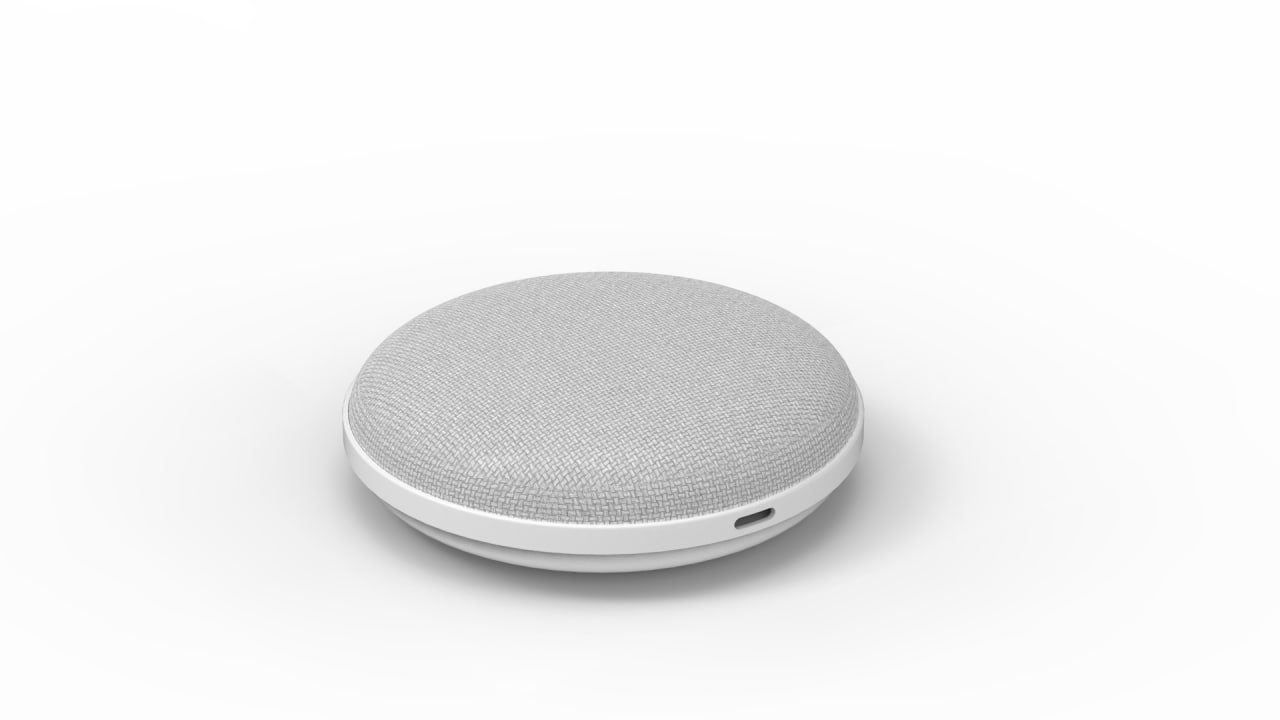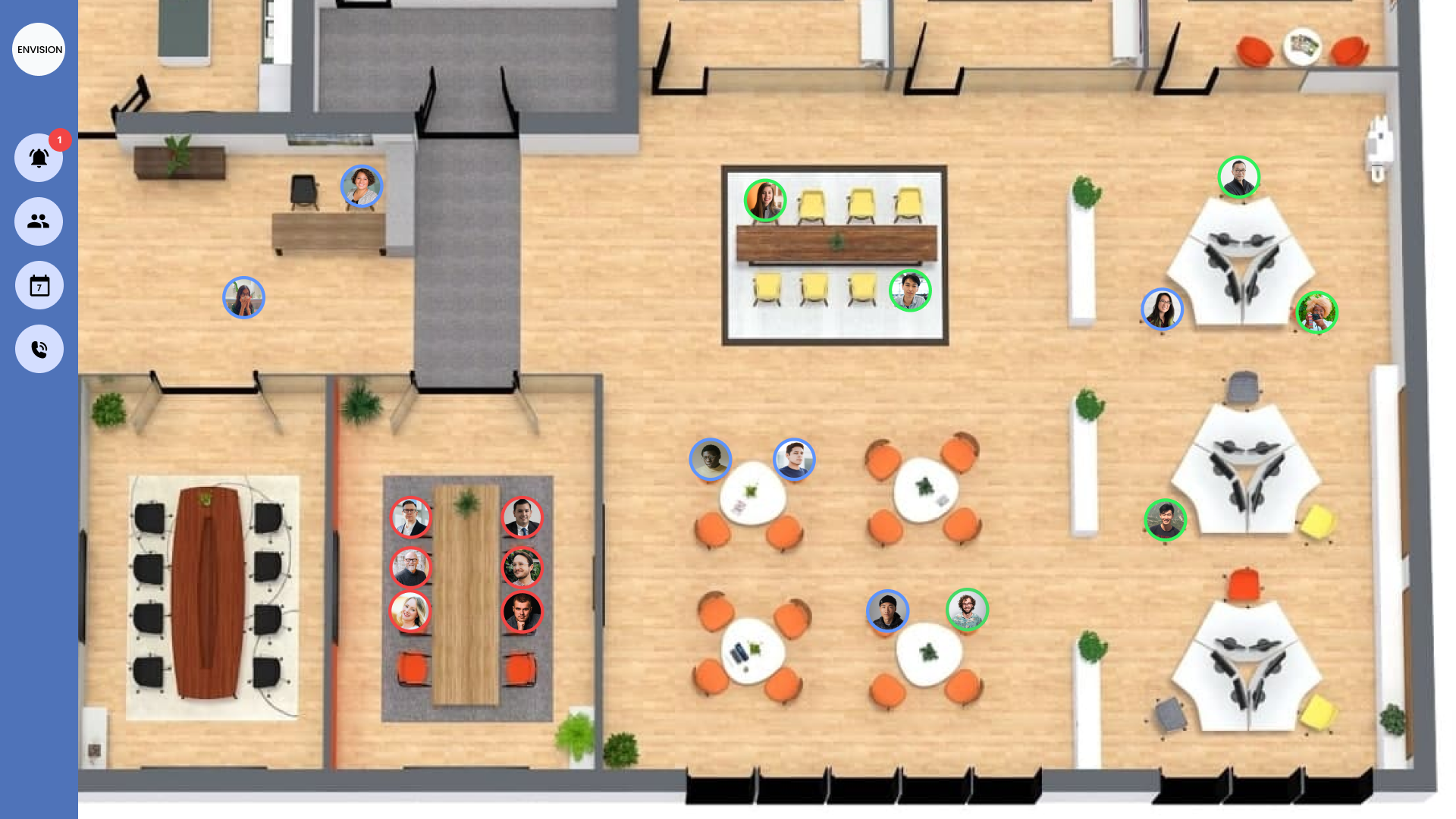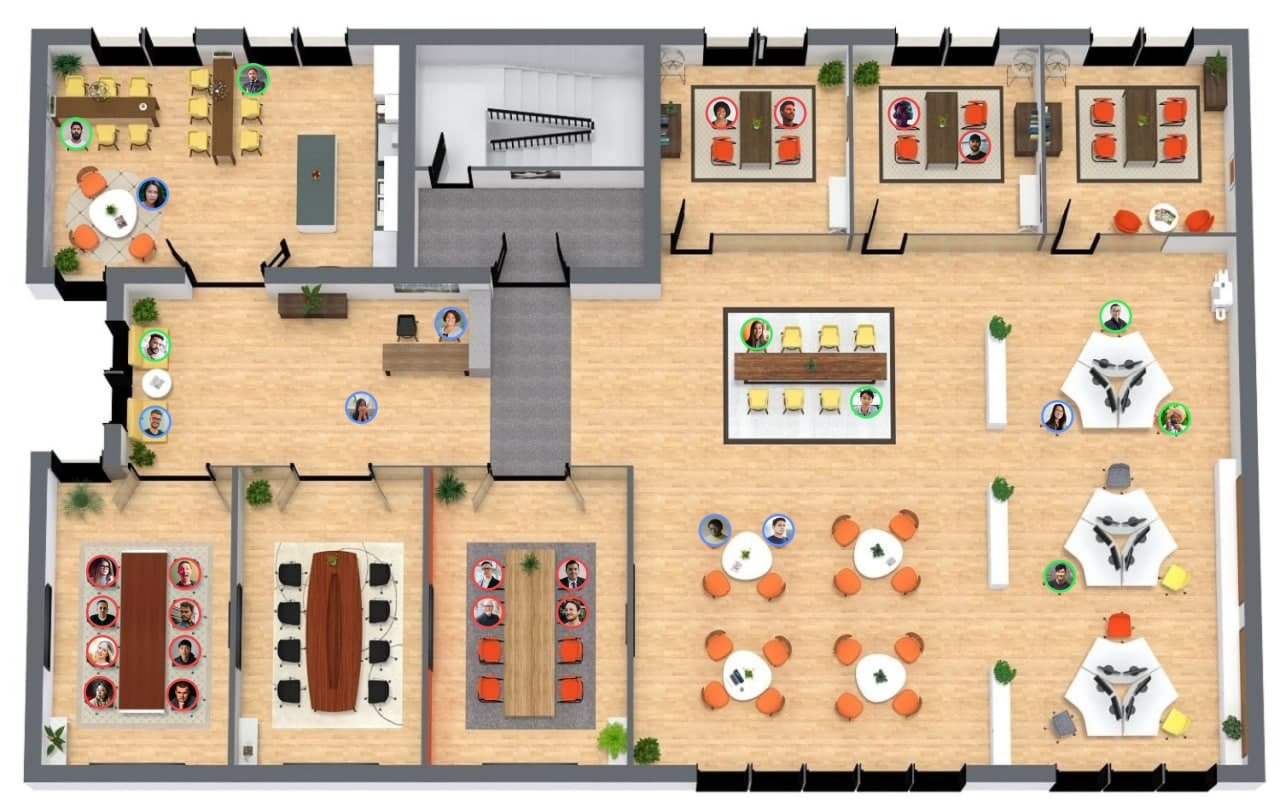FUTURE OF WORK
Transdisciplinary Innovation Project 2021
Unprecedented disruption caused by the pandemic has propelled the topic of “Future of Work” to be more critical than ever. The accelerated shift towards remote work introduced new values such as wellbeing, trust, collaboration, flexibility and sustainability. These values have since become core tenets for work and work environments, particularly for Gen Y and Z employees. Looking into the future, we approached this topic by understanding how technological possibilities could influence the human experience, from a socio-technical perspective. In collaboration with Johnson Controls, the Department of Psychology and Faculty of Engineering; this platform features system-level solutions developed by transdisciplinary teams.
Platform leaders: Dr. Jung-Joo Lee & Ms. JiaYing Chew (DID), A/P Loh Ai Poh (ENG), Dr. Li Neng Lee (PSY)
